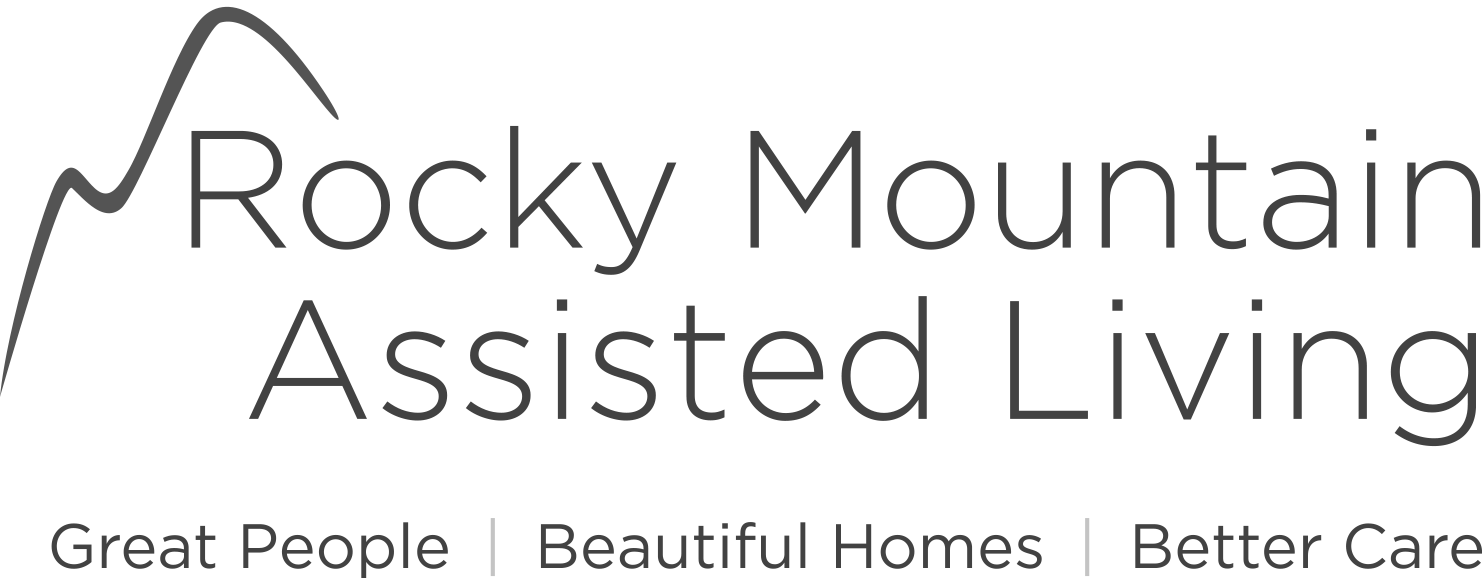Assisted living facilities provide an essential service to thousands of United States citizens. These facilities are ideal for elderly or disabled individuals that want to maintain their independence but require daily or weekly assistance without the significant medical support offered in nursing homes.
Although assisted living facilities may be important for their residents to thrive, there is still an adjustment period that should not be disregarded. Most experts suggest that it can take anywhere from three to six months on average for most people to adjust to the move into a facility. Unfortunately, this time frame is only an estimate, as there are many different factors that can affect the adjustment period.
Factors That Affect the Adjustment Period
- Resident Enthusiasm: How excited the new resident is about being in the facility is an important factor in determining how short or long the adjustment period will be. A resident that is less enthused about the move will likely be in a poor mood and will be less open to the benefits of the facility.
- Resident Health: If the new resident is experiencing health issues, they may feel less comfortable moving around the facility. It may feel safer to hunker down in their room and not explore the facility grounds. They will miss the positive experiences that come from participating in the activities and meeting new friends.
- Facility Location: If the climate of the assisted living facility is different from the climate they moved from, this new change may compound the upheaval that they feel in their lives. Even though most assisted living facilities are situated in areas popular with retirees, it can still be a massive change for the new resident.
Ways to Help the New Resident Adjust
Although moving away from their home can be a major change, there are ways to help your loved one settle in. These methods include, but are not limited to:
- Visit Frequently: Although there are other residents in the assisted living facility, your loved one will still miss their family. Making frequent visits can help your loved one feel connected to their family and other loved ones, even in the new location. Your goal should be to ensure that they do not feel abandoned or lonely, while also giving them enough space to adjust to life in their new home.
- Be Patient: It is unusual for your loved one to adjust quickly, and worrying will not benefit either of you. It will take months for the adjustment to happen, and it may not be smooth. It is important to give them grace with the move and refrain from rushing them into everything the facility offers. There will be frustrations and challenges along the way, but they will not last forever.
- Listen to Them: When your loved one is telling you about their concerns or problems in the new place, listen attentively. Although the facility is likely their best option to maintain a level of independence, it is still a hard transition. Not dismissing their concerns can go a long way to helping them feel more comfortable, especially if their concerns can be alleviated with your help.
- Personalize Their Area: Unfortunately, downsizing before the move to an assisted living facility can be hard for some people. It is important to remind your loved one to keep special mementos and treasured possessions so that they can decorate their new space with the things that make them happy. These belongings can remind them of positive memories and ease the transition.
FAQs
Q: How Do Elderly People Adjust to Assisted Living?
A: There is no simple answer to this question—it entirely depends on the individual person and their circumstances. Moving from their home to an assisted living facility is a massive change that could be considered an upheaval. Some people will have an easier time adjusting to this new reality, while others will take more time to relax in the new environment. It is important to give grace to both them and yourself as you move into this new chapter.
Q: What Are the Disadvantages of Assisted Living?
A: Although assisted living facilities provide essential services for some elderly and disabled people, there are some disadvantages. A private room is not guaranteed in these facilities, even with the high prices charged by the facilities. Visiting hours may be limited for family and loved ones, as well as restricted hours that residents can be outside of the facility. Meal choices may also be restricted as they are tailored to your specific dietary needs.
Q: What Are the Three Main Principles for High-Quality Assisted Living Facilities?
A: There are many assisted living facilities in the United States. Narrowing down the choice that is best for your loved one requires research and patience. Three principles that can separate the good facilities from the questionable are patient-centered care, treating patients with ethics, and a good mission statement.
Q: Will Insurance Pay for an Assisted Living Facility?
A: Unfortunately, most insurance plans do not cover assisted living facilities, although there is an option with some long-term care plans to cover the facility’s costs. These plans can vary widely and cover different levels of care. Medicare also will not pay for assisted living, but there may be options for parts of the care to be covered, like medical care from a nurse or doctor. It is important to speak with any facility you are considering to fully understand how their payment structure works and what kinds of insurance they may accept.
Adjusting to Assisted Living
It is no easy task to adjust to the sorts of life changes that occur when you or your loved one moves into an assisted living facility. It is also impossible to understand exactly how the new resident will settle into their new normal, but there are methods you can use to improve the situation for everyone. There is no right or wrong way to make this change with your loved one, but patience can help everyone transition more easily.
At Rocky Mountain Assisted Living, we will do everything possible to help you or a loved one move into the next chapter of your life. To find out more, please contact us today.


